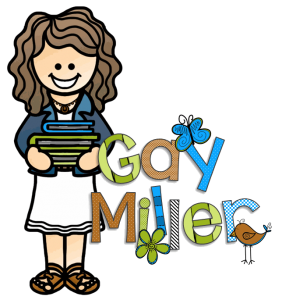Read definitions of the different text structures including examples and grab the free printables to make this Text Structures Anchor Chart.
Text structures are the different organizational patterns nonfiction texts can be written. Which should you teach text structures?
- Teaching students the basic structures will greatly improve students’ abilities to analyze informational text.
- When students recognize the text structure, they can organize the information in their minds which improves comprehension of the article.
- Students are better able to make connections when they understand the structure.
- Summarizing nonfictional texts is easier for students who understand the framework of the content.
There are five common structures used for nonfiction texts.
Description
Descriptive texts describe the characteristics and features of an event or topic.
For example, when reading a descriptive article about the Empire State Building, the reader would most likely learn that it is 1,250 feet tall with 102 floors.
Chronological/
Sequence
Chronological order usually refers to how things happen in order of time.
For example, in a chronological order text about the Empire State Building, the reader would most likely discover that the building took 410 days to complete. President Herbert Hoover first turned the lights on inside on May 1, 1931.
Sequential order usually refers to steps in a process or event.
When reading a sequential order article about the Empire State Building, you might learn where to go to purchase a ticket, how to get to the 86th floor where the observation deck is located, and where to go to see the best views of the city on that deck.
Problem and Solution
Articles with the problem/solution structure state a problem and then explain its solution.
For example, the Empire State Building opened just as the United States was entering the Great Depression. The problem was solved 20 years later when companies moved into Manhattan and office space was scarce.
Cause and Effect
The cause and effect structure is used to show relationships between events. Because this happened…then this happened. In contrast to this event…this took place.
For example, the Empire State Building lights up its spire in colors to match seasonal and world events. The effect is quite a spectacle. The building turns vibrant green for St. Patrick’s Day. It turned blue for the death of Frank Sinatra. When New York sports teams play home games, the building even turns the colors of the team.
Compare and Contrast
Compare and contrast articles point out similarities and differences between two or more categories. Keywords include same, alike, in contrast, and on the other hand.
For example, The Empire State Building is often compared to other man-made structures around the world. It holds the record for the tallest skyscraper in structural height for 42 years. Today the tallest building in the world is Burj Khalifa. It uses only have the amount of steel as the Empire State Building due to its tubular structure system.
Free Printable Text Structure Anchor Chart
This text structure anchor chart has been one of the most popular anchor charts at Book Units Teacher. Because of this, I have decided to provide printables, so you can quickly create your own text structures anchor chart.



Here is what the completed anchor chart will look like. Both color and blackline illustrations are provided. Print the pieces onto colored paper, cut out the boxes, and glue them onto a standard 20 by 30-inch piece of chart paper. You’ll have a ready-to-use anchor chart in just minutes.
You can download the printables here.
Do you need additional teaching resources? Check out Text Structures at Teachers Pay Teachers. Text Structures Bundled Set includes the units Cause and Effect, Problems and Solutions, Compare and Contrast, and Sequencing.

Check out the other posts in this series by clicking on the buttons below.



